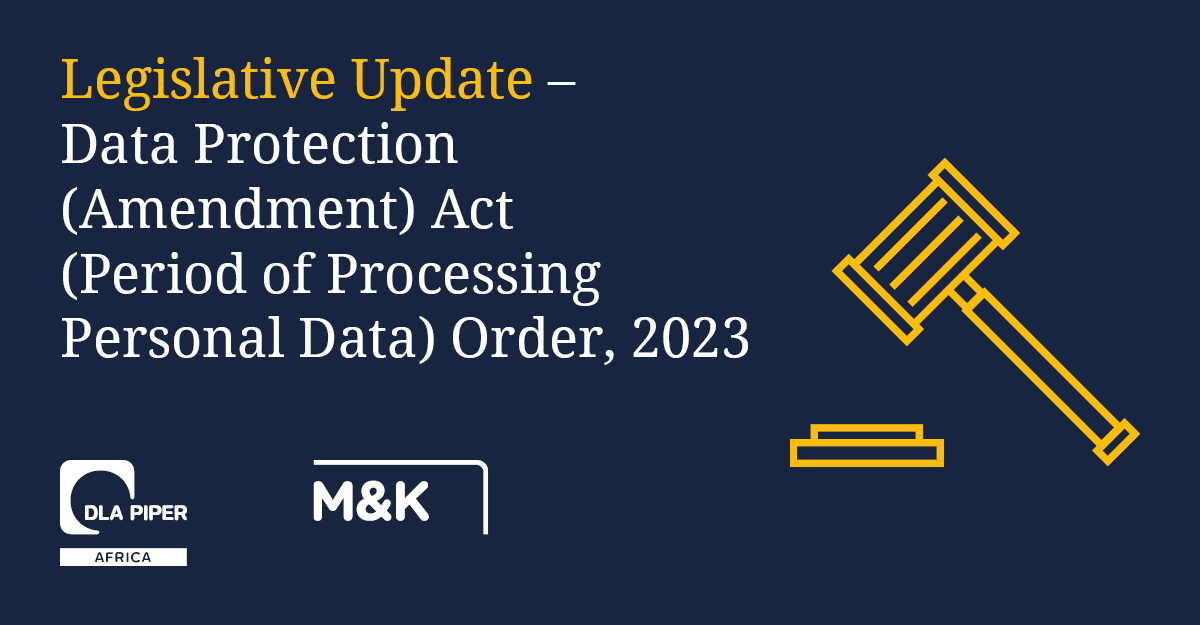The politically contentious Declaration of Assets and Liabilities Bill, 2019 (“Bill”) was published on 21 June 2019 and will be considered before the National Assembly by the end of July 2019. The Bill requires every person who is a public officer as defined under the Public Service Act, including former presidents and former vice-presidents, to declare their liabilities and assets in their widest sense.
An interesting point to note is that the Bill also requires a ‘head of a private enterprise’, being private companies, partnerships, societies, charities, non-government organisations, trusts, political parties and every other entity that is not considered to be a government affiliate to reveal their assets and liabilities. The Bill does not define who constitutes a ‘head of a private enterprise” and in our view the ordinary grammatical interpretation would mean the representative of the private entity, for instance in the case of a company that would mean the Chief Executive Officer/Managing Director and in the case of a partnership it would mean the Managing Partner of the partnership as they are at the forefront of the organisation. It is not clear whether a monetary threshold in respect of the turnover/assets will be set in respect of a private enterprise; however, we recommend that a threshold be set or categorisation be made; otherwise, the Directorate on Corruption and Economic Crime will be overwhelmed with information and paperwork.
In the event that the Bill is passed, the declaration of assets and liabilities in the prescribed format has to be submitted within 60 days of the Act coming into operation and/or within 60 days of a person being appointed or assuming office and/or within 60 days of a person taking and subscribing before the National Assembly, of an oath of allegiance. A declaration should be further made every 24 months subsequent to the prior declaration and if the value of the assets and liabilities is reduced or increased by a minimum of P200 000, the person to whom the Act applies should make a fresh declaration within 30 days of the alteration. Failure to declare as and when required could result in the imposition of a financial penalty of P20 000 or imprisonment for a term not exceeding two years or to both, if found guilty. We are of the view that the financial penalty is extremely low as it may not deter a person from complying particularly if the declarator is financially capable of paying the P20 000. It may be a drop in the ocean.
The main person who has been tasked with receiving this information is the Director-General appointed under the Corruption and Economic Crimes Act who will receive declarations from public officers with high ranking positions including the President, Former Presidents, Vice Presidents, Former Vice Presidents, Chief Justice, Ministers and the heads of private enterprises. The Director-General will have to declare to the Minister responsible for Presidential Affairs, Governance and Public Administration.
As a balancing act, the Bill also observes and preserves confidentiality and requires this from a person to whom a declaration is made and such confidentiality must subsist even after the termination of his or her term of office or mandate. The confidentiality requirement will not apply if disclosure is required by law or a court of law. Surprisingly, the penalty for breaching the confidentiality, if found guilty, is P500 000 or to imprisonment for a term not exceeding nine years or to both. In a nut shell, it is more terrifying to have that information disclosed than declaring your assets and liabilities.
In conclusion, it is without a shadow of a doubt that the Bill is a tool to be used to prevent corruption and economic crimes such as money laundering and embezzlement of funds or assets by key public officials of the state and heads of private enterprises.





 Victor Chilembwe,
Victor Chilembwe,  Namie Modiri,
Namie Modiri,  Obakeng Mmopi,
Obakeng Mmopi,  Isaac Ntombela /
Isaac Ntombela /  Terence Dambe/
Terence Dambe/  Tatenda C. Dumba /
Tatenda C. Dumba /  Obakeng Nthomamisi,
Obakeng Nthomamisi,  Nyaradzo Mupfuti /
Nyaradzo Mupfuti /  Lesego Babitseng /
Lesego Babitseng /  Jayne Cross /
Jayne Cross /